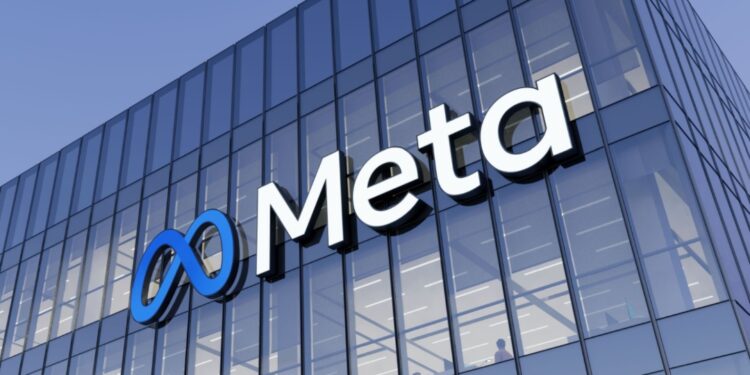Nigeria’s Competition and Consumer Protection Tribunal has upheld a $220 million fine against Meta Platforms Inc. and its subsidiary WhatsApp. The tribunal also ordered the social media giants to pay $35,000 to the Federal Competition and Consumer Protection Commission (FCCPC) as reimbursement for its investigation.
The ruling, delivered on Friday by a three-member panel led by Thomas Okosun, followed months of legal arguments over data privacy violations and consumer protection breaches in Nigeria.
The FCCPC’s penalty was initially imposed after a probe revealed that Meta and WhatsApp had allegedly transferred Nigerian users’ data to third parties without proper consent, in breach of national data protection laws. According to the Commission, this violated consumer rights and Nigeria’s constitutional guarantees of privacy.
WhatsApp and Meta, represented by Professor Gbolahan Elias (SAN), filed an appeal in January, arguing that the FCCPC’s directives were vague, overly broad, and technically unfeasible. They also claimed they were not given a fair opportunity to understand or contest the $220 million penalty calculation.
However, the tribunal dismissed these claims. “The appellants were given ample opportunity to be heard,” said Okosun. The tribunal found no procedural error in how the FCCPC conducted its investigation or imposed penalties. It affirmed that the FCCPC acted within its legal authority under the FCCPC Act and Nigeria’s Evidence Act.
Babatunde Irukera (SAN), former FCCPC boss and counsel for the Commission, argued that Meta’s practices constituted market dominance abuse and unfair data exploitation. He emphasized that corrective actions—not just financial penalties—were essential to protect consumers.
In addition to the fine, the tribunal ordered Meta to:
- Reinstate Nigerian users’ rights to control how their data is shared.
- Revert to its 2016 data-sharing policy.
- Submit a revised privacy policy by July 1, 2025, and publish it.
- Cease tying WhatsApp data to Facebook or any other service without user consent.
- Provide evidence of user-consented data use to Nigerian authorities.
This case adds to growing global scrutiny of Big Tech. Meta was recently fined €1.2 billion by the EU for similar privacy breaches under GDPR rules.






















































